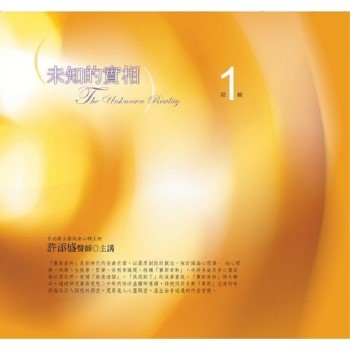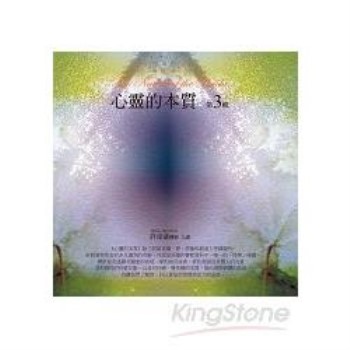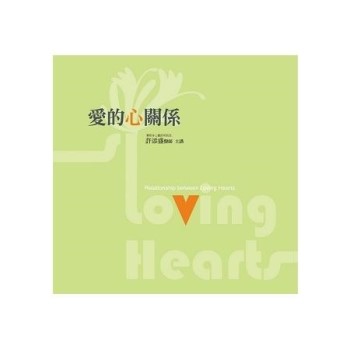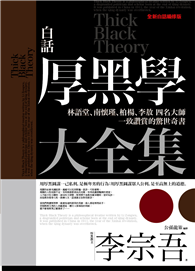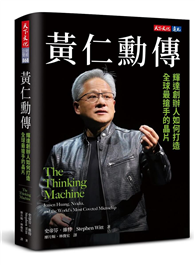| FindBook |
有 1 項符合
Trial and Error: The Autobiography of Chaim Weizmann (Book Two)的圖書 |
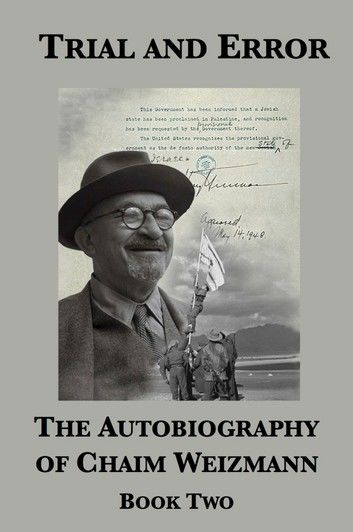 |
Trial and Error: The Autobiography of Chaim Weizmann (Book Two) 作者:Chaim Weizmann 出版社:Plunkett Lake Press 出版日期:2013-12-21 語言:英文 |
| 圖書館借閱 |
| 國家圖書館 | 全國圖書書目資訊網 | 國立公共資訊圖書館 | 電子書服務平台 | MetaCat 跨館整合查詢 |
| 臺北市立圖書館 | 新北市立圖書館 | 基隆市公共圖書館 | 桃園市立圖書館 | 新竹縣公共圖書館 |
| 苗栗縣立圖書館 | 臺中市立圖書館 | 彰化縣公共圖書館 | 南投縣文化局 | 雲林縣公共圖書館 |
| 嘉義縣圖書館 | 臺南市立圖書館 | 高雄市立圖書館 | 屏東縣公共圖書館 | 宜蘭縣公共圖書館 |
| 花蓮縣文化局 | 臺東縣文化處 |
|
|
Trial and Error: The Autobiography of Chaim Weizmann (Book Two) by Chaim Weizmann
Chaim Weizmann’s autobiography is a highly personal account of his life in the Zionist movement. Book One, completed in 1941, covers the years 1874-1917 and Book Two covers the years 1918-1948.
Weizmann describes the Russian shtetl where he was born in 1874, his schooling in Pinsk and his university studies in Berlin, Geneva and Freiburg (Switzerland) where he received his PhD in chemistry in 1899 before moving to Manchester in 1904. He portrays many leading Zionists such as Theodor Herzl, Achad Ha-am, Max Nordau, Shmarya Levin, Ussishkin, Jabotinsky, Ruppin. He describes the opposition by assimilationist Jews (like Edwin Montagu) to Zionism, and internal debates within the Zionist movement, such as the defeat of Herzl’s Uganda plan — bitterly opposed by Weizmann — at the 6th Zionist Congress (1903) and his frictions with the American Zionists led by Brandeis. Weizmann describes how, during World War I, his work on acetone brought him into contact with British political leaders such as Lloyd George, Arthur Balfour and Winston Churchill and facilitated the Balfour Declaration which, in 1917, paved the way for “the establishment in Palestine of a national home for the Jewish people”.
Weizmann recounts his role in the creation of what would become Israel’s leading scientific institutions, the Hebrew University, the Weizmann Institute of Science and the Technion, including his fundraising efforts in Europe and in the United States on their behalf and for other Zionist initiatives. He became the first President of Israel, and died in office in 1952.
“... one of the important historical documents of our time.” — Orville Prescott, The New York Times (January 19, 1949)
“[Trial and Error] is likely to be read for many years to come as an authoritative exposition of the Zionist movement ... records eye-witness accounts of so many crucial events and reflects so many deep insights that it is certain to become of permanent value to the scholar and a delight to the general reader.” — Salo Baron,The New York Times (January 23, 1949)
“There are four angles from which one can approach this book. One can take it as a history of Zionism during the last seventy years... a record of personal endeavour triumphant over obstacles and dissension... a sad commentary upon human achievement, when eventual triumph comes at a date, and in circumstances, which rob it of its full savour... the self-portrait of a most remarkable man.” — Harold Nicolson, The Observer (March 27, 1949)
“Notable in this intellectually candid record is the fact that [Weizmann] embraced and propagated Jewish nationalism because he regarded it as a positive good, not merely a negative escape from gentile persecution. This intensely human book, which in a sense is the story of modern Zionism, constitutes one of the indispensable sources for the history of our times.” — Robert Gale Woolbert, Foreign Affairs (July 1949)
“[Weizmann’s] autobiography ... is an astonishingly objective and life-like narrative, without a trace of dramatization, exaggeration, vanity, self-pity, self-justification; it conveys his authentic, richly and evenly developed, autonomous, proud, firmly built, somewhat ironical nature, free from inner conflict, in deep, instinctive harmony with the forces of nature and society, and therefore possessed of natural wisdom, dignity and authority.” — Sir Isaiah Berlin, Chichele Professor of Social and Political Theory, Oxford University (November 19, 1957)
“Ranks between Churchill’s war memoirs and those of Nehru, Masaryk and Trotzky, among the founders’ own stories ... above all a human book, the record of the experiences and reactions of a man who fought over issues that were important” —Congress Bulletin (April 1949)
|
